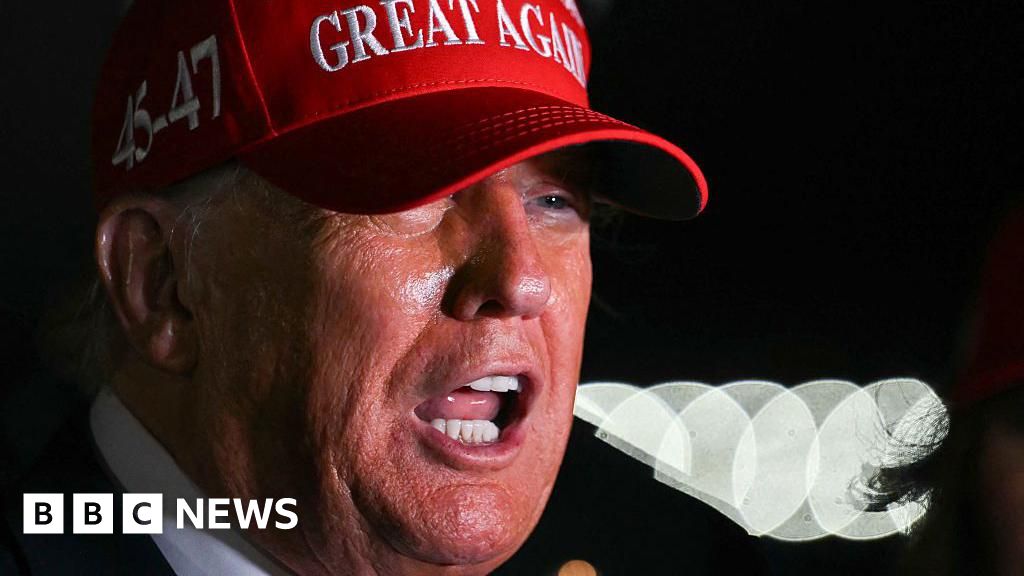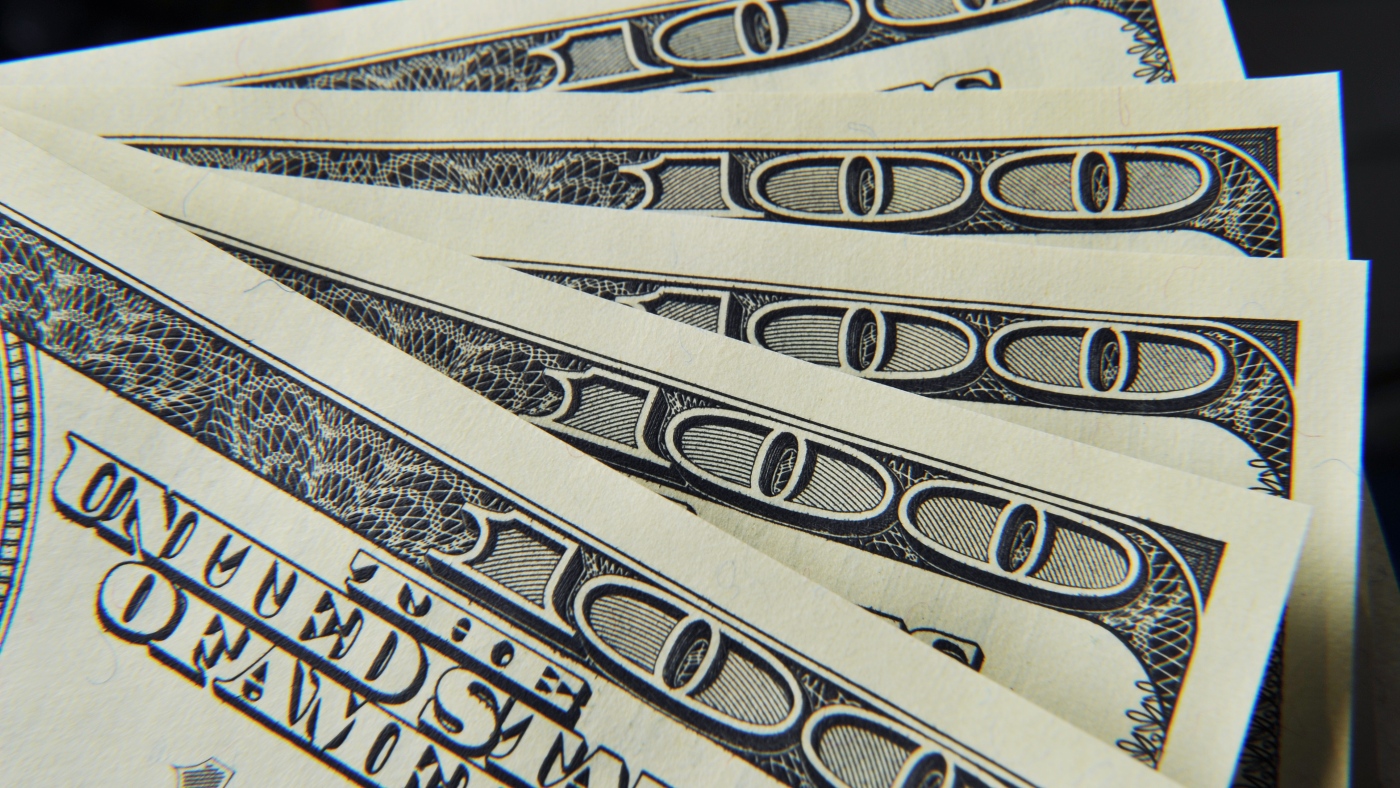The man expected to be Germany’s next chancellor has said Europe must act swiftly to increase its defence capability in the face of a US administration whose motto is moving towards “America alone”, adding: “This is really five minutes to midnight for Europe.”
In a wide-ranging press conference after his conservative alliance’s victory in Sunday’s federal election, Friedrich Merz made it clear his focus was on the turbulent geopolitical landscape, saying that although he would seek good ties with the US he was also ready for “the worst-case scenario”.
Asked about the doubling of support for the far-right Alternative für Deutschland, which came second with 20% of votes, he urged Germany’s political mainstream to recognise it as “the last warning”.
Effective leadership was urgently needed to combat the AfD’s further rise and solve the problems that had helped fuel its popularity, he told journalists. “This is really the last warning to the political parties of the democratic centre in Germany to come to common solutions.”
But, as the 69-year-old former banker prepared to begin the thorny task of forming a government with Olaf Scholz’s centre-left Social Democrats (SPD), his first comments on Monday – the third anniversary of Russia’s full-scale invasion – were directed at Kyiv.
He posted on X: “Europe stands unwaveringly by Ukraine’s side. Now more than ever, it holds true: We must put Ukraine in a position of strength.”
In an apparent sideswipe at Donald Trump’s administration after it began talks with Russia last week about ending the war that excluded Ukraine and Europe, he added: “For a just peace, the attacked country must be part of peace negotiations.”
Merz, a known transatlanticist – a proponent of a close relationship between the US and Europe – later said that “all the signals we are receiving from the United States indicate that interest in Europe is decreasing”.
“If those who really do not just make ‘America first,’ but almost ‘America alone’ their motto prevail, then it will be difficult,” he told reporters. “But I remain hopeful that we will succeed in maintaining the transatlantic relationship.”
For many years, Berlin had resisted calls from Paris to build up Europe’s defence capabilities, feeling secure under the protection of the nuclear-armed US.
However, Merz has made clear he felt Europe’s largest economy was facing a new era. “In particular following the announcements from Washington in the past few weeks, it’s clear that we Europeans now need to very hurriedly become capable to act,” he said.
He also made reference to interference from the Trump administration in Germany’s election campaign, calling it unacceptable. Elon Musk, the president’s close ally, congratulated the AfD’s candidate for chancellor after the anti-Islam party’s strong performance in the election. On Monday Musk posted on X: “It is only a matter of time before AfD wins.”
The AfD won about twice the vote share it garnered at the last election three years ago. But it will not be part of negotiations to form a coalition government because of the “firewall” that has historically existed between mainstream parties and the far right.
A jubilant Alice Weidel, the AfD’s co-leader and candidate for chancellor, called her party’s performance “historic” and decried Merz’s refusal to enter into coalition with the AfD as a “democracy blockade”, arguing that millions of voters were in effect disfranchised by the decision.
The AfD did particularly well in the former communist east, where it secured 43 out of 48 available seats after campaigning vigorously on an anti-Islam, anti-immigration platform, and backing the “remigration” of immigrants and German citizens deemed to have poorly integrated.
On Monday Merz, whose CDU/CSU alliance won 28.5% of the vote, said: “We need to see that we solve the problems in Germany together so that we step for step, deprive this party of its breeding ground.” If that failed, he said, referring to the next election, “we’ll have very different problems”.
after newsletter promotion
Merz said his own conservative party colleagues had warned him that the former east was “only a few years ahead of you in the west” and that “if you do not solve the problems, then you will have the same problem”.
With a particular focus on migration, which was the main topic of the election campaign, Merz doubled down on his view that “we need to retrieve control once again over those who enter our country”. The CDU leader provoked controversy in January by relying on AfD support to get a non-binding migration policy through parliament.
His hardline migration policies are diametrically opposed to those of the SPD, and the parties – who together would have a small majority in the Bundestag – are likely to engage in stormy negotiations as they try to thrash out a grand coalition.
Many Germans fear a re-run of the last GroKo, as they are known, led by Angela Merkel between 2018 and 2021, which critics accused of a lack of ambition and failing to tackle pressing challenges such as economic and bureaucratic reform, defence spending increases and an infrastructure overhaul.
Sunday’s election was bruising for all the parties in the incumbent government. The SPD, Germany’s oldest political party, received its worst ever result, with 16% of the vote share. Scholz, who will remain as chancellor until Merz has formed a government, called the result “bitter”.
The Greens garnered 11.6% of the vote, down three points from 2021. The market liberal FDP failed to reach the 5% threshold needed to get into parliament, as did the leftwing conservative Sahra Wagenknecht Alliance (BSW). The leftwing Linke party garnered 8.8%.
Merz said he hoped to form a coalition by Easter in late April, stressing the urgency of the negotiations and saying: “The world is not waiting for us.”
In his press conference, Merz also said he would ensure that the Israeli prime minister would be able to visit Germany without being apprehended, after a warrant was issued for his arrest by the international criminal court for alleged war crimes committed in Gaza.
Merz called it “an absurd idea” that Benjamin Netanyahu should not visit Germany and said he had told Netanyahu as much by phone.


